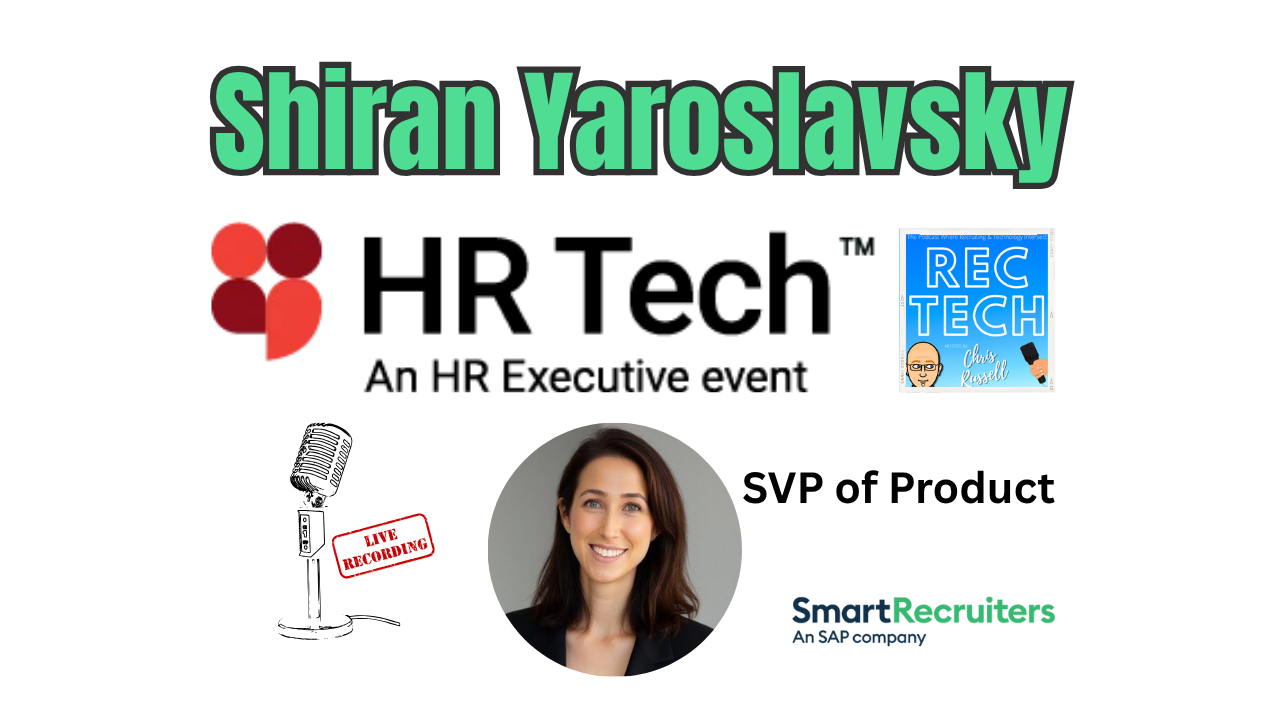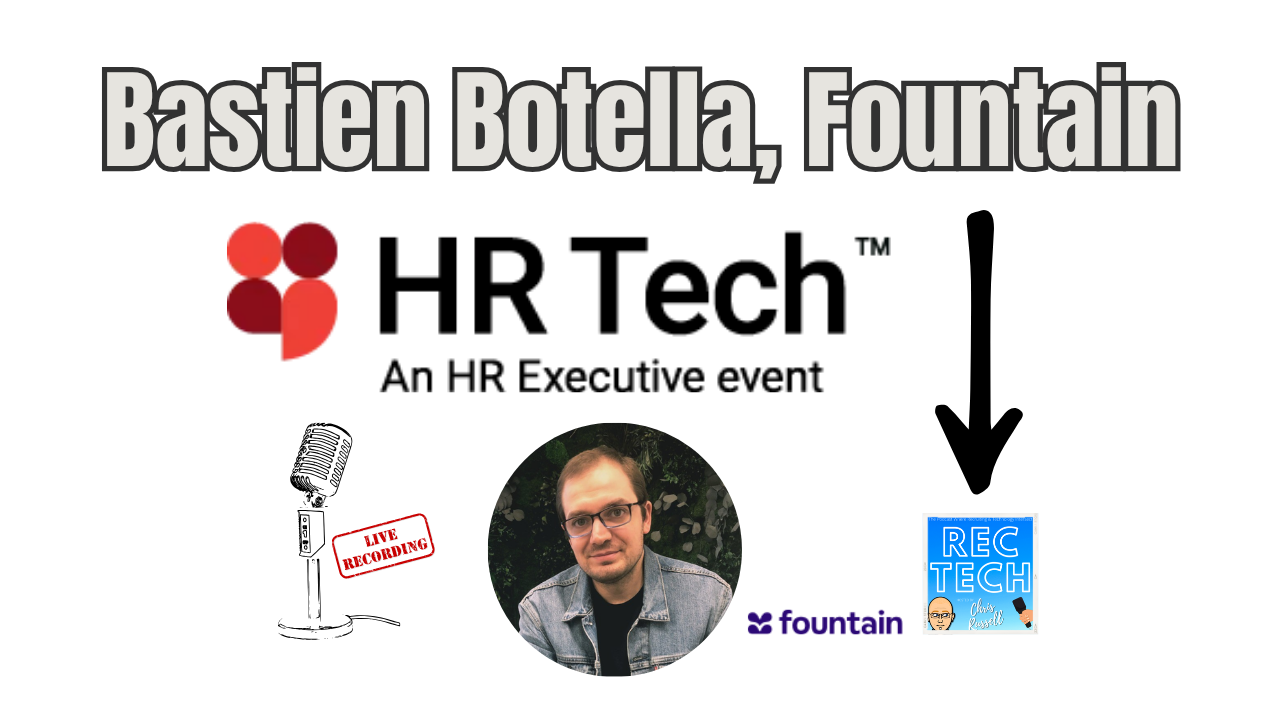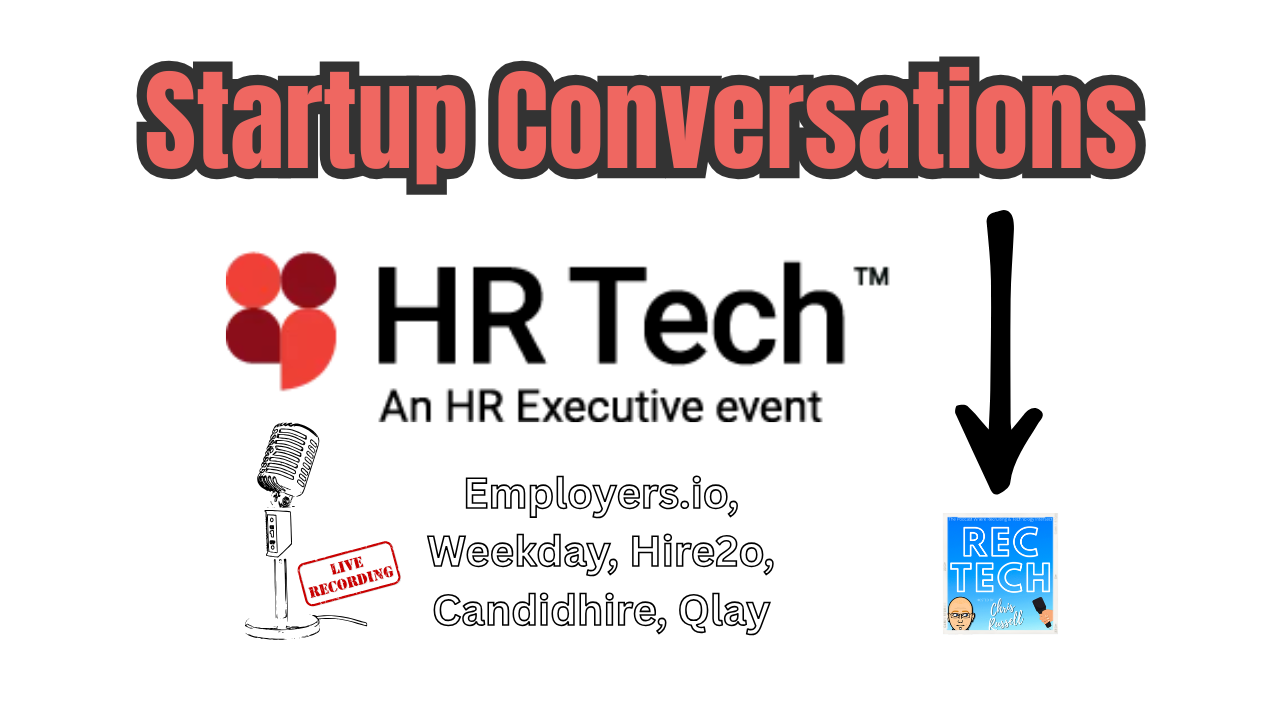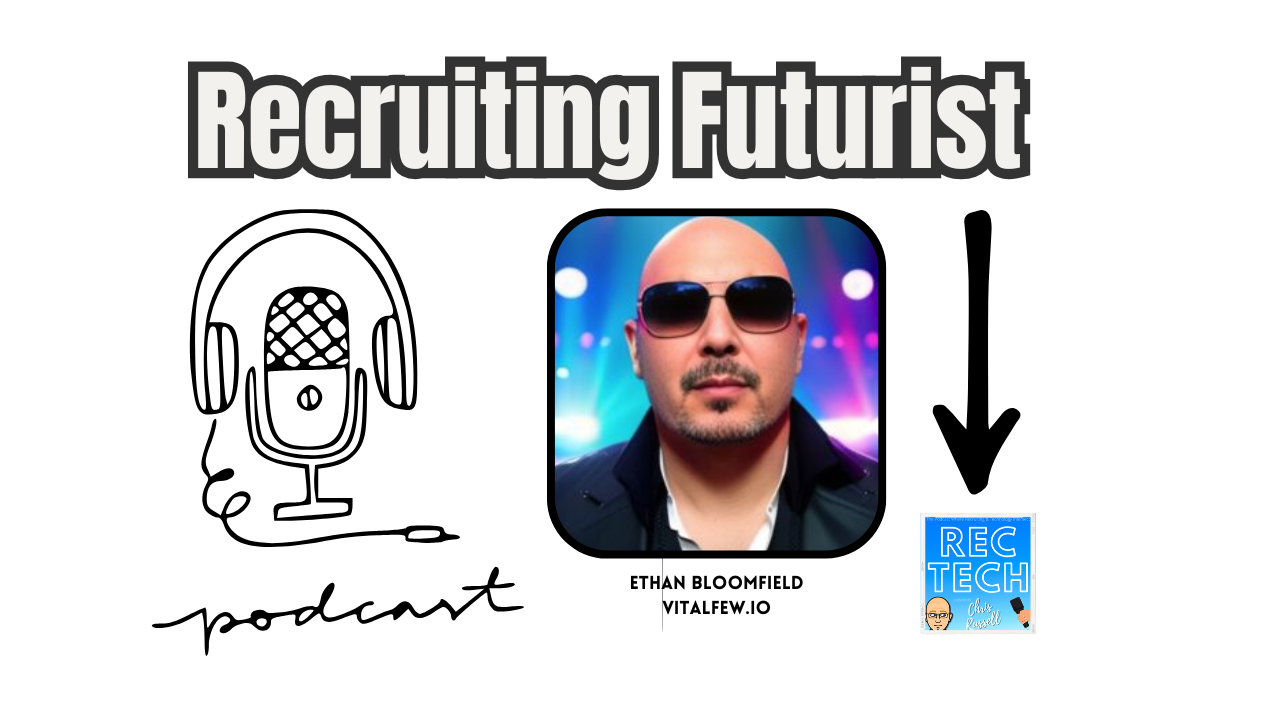Job-related phishing attempts have surged dramatically in recent years, evolving into a sophisticated and financially devastating threat for job seekers globally. Driven by economic uncertainty, the proliferation of remote work, and advancements in AI, these scams have resulted in hundreds of millions of dollars in reported losses, with the true impact likely far greater due to underreporting.
This report details the scope of the problem, common tactics employed by scammers, the demographics most frequently targeted, and emerging trends, particularly the increasing role of artificial intelligence in these deceptive schemes.
1. Scope and Scale of the Problem:
The statistics paint a grim picture of the escalating nature of job-related phishing:
Explosive Growth in Losses: Reported financial losses to job scams more than tripled from 2020 to 2023. In the first half of 2024 alone, these losses topped an astounding $220 million in the United States.
"Task Scams" Dominance: A significant portion of this growth is attributed to "gamified" or "task scams." Reports of these specific scams skyrocketed from virtually zero in 2020 to 5,000 in all of 2023, then quadrupled to approximately 20,000 in the first half of 2024. These schemes accounted for nearly 40% of all job scam reports in 2024.
Underreported Crime: The Federal Trade Commission (FTC) estimates that only a mere 4.8% of victims report these scams, suggesting the actual financial and emotional toll is vastly underestimated.
Overall Fraud Increase: Broader fraud trends also show a significant increase in business and job opportunity scams, with reported losses totaling $750.6 million in 2024, up nearly $250 million from 2023.
2. Modus Operandi: How Job Scams Work
Scammers employ increasingly cunning and patient tactics to ensnare victims:
Initial Contact and Lure:
Unsolicited Messages: The scam often begins with an unexpected text message, WhatsApp message, or email from a seemingly legitimate "recruiter" or "hiring manager." These messages frequently offer attractive online work with high pay and minimal qualifications, often highlighting the ease of application and immediate start.
Impersonation: Scammers frequently impersonate well-known companies (including major corporations like Target and Costco) and reputable job boards. They may use look-alike email addresses, cloned websites, and even create fake company letterheads to appear credible.
Building Trust: A critical element is the time taken to build trust. Scammers engage in seemingly professional conversations, may conduct "easy" or "no" interviews, and often praise the victim's skills, making them feel recognized and valued.
The "Gamified" or "Task-Based" Scheme:
Fake Work/Earnings: Victims are directed to a platform or app where they are asked to complete simple online "tasks," such as "product boosting," "optimization tasks," liking videos, or rating product images. They are shown a growing tally of "earnings" within the platform, which are entirely fabricated.
Small Payouts to Build Confidence: In some cases, scammers might even allow victims to withdraw a small initial "payout" to further solidify the illusion of a legitimate opportunity.
The "Deposit" Trap (The Pivot):
Investment Requirement: Once trust is established, the scam pivots. The victim is then told they need to deposit their own money, typically in cryptocurrency, to "unlock" higher-paying tasks, continue working, or withdraw their accumulating (non-existent) earnings.
Irrecoverable Loss: Once the victim makes this deposit, the money is lost. The promised payments never materialize, and the scammers disappear, deactivating fake accounts and websites.
Information Gathering for Identity Theft: Beyond direct financial loss, many job scams also aim to collect Personally Identifiable Information (PII) for identity theft. This can include driver's license numbers, Social Security numbers, and banking details requested under the guise of "onboarding paperwork."
3. Targeted Demographics and Vulnerabilities:
Job scammers specifically target individuals in vulnerable positions:
Active Job Seekers: Anyone actively searching for employment is at risk, particularly in challenging economic environments where desperation can lead to overlooking red flags.
New Entrants/Re-entrants to the Workforce: Individuals new to the job market (e.g., recent graduates) or those re-entering after a long absence (e.g., homemakers) may be less familiar with modern hiring practices and thus more susceptible.
Immigrants: Individuals new to a country may be less familiar with local job market norms and regulations, making them prime targets.
Unemployed Individuals: A significant percentage of victims are unemployed (54%), actively seeking full-time or flexible positions.
Emotional Manipulation: Scammers exploit psychological vulnerabilities, playing on people's desire for income, recognition of their skills, and the pressure of economic uncertainty. They may encourage victims to "cross a line" they wouldn't normally consider, such as leaving phony reviews.
Geographic Vulnerabilities: States with higher populations and unemployment rates, such as California, Florida, Nevada, and Georgia, have shown a higher incidence of job scam reports and significant financial losses. While rural states generally have lower risks, some have seen high percentage changes in total dollar losses.
4. Emerging Trends and the Role of AI:
Artificial intelligence is rapidly enhancing the sophistication and reach of job-related phishing attempts:
Hyper-Realistic Phishing Emails: AI can generate personalized emails that mimic legitimate communications with alarming accuracy, analyzing social media profiles and digital footprints to tailor messages from "trusted contacts." This makes it increasingly difficult to spot scams based on typical grammatical errors or generic greetings.
AI-Generated Interviews and Deepfakes: AI can create convincing fake applicants, including generating fake IDs, employment histories, and even using deepfake technology for realistic video and audio impersonations in interviews. This poses a threat for companies who may inadvertently hire "fake employees" seeking to gain access to corporate networks for data theft or malware installation.
Multi-Channel Attacks (Phishing-as-a-Service): Scammers are increasingly using multiple communication channels, including:
WhatsApp and SMS (Smishing): Unsolicited texts and WhatsApp messages are a primary vector for initial contact.
Collaboration Tools: Phishing attacks are now tailored for platforms like Slack, Microsoft Teams, and Asana, with fake meeting invites or urgent messages containing malicious links.
QR Code Scams (Quishing): Malicious QR codes embedded in emails or attachments, when scanned, can lead to fraudulent websites or download malware. Dynamic QR codes can even change destinations after scanning to evade detection.
Vishing (Voice Phishing): AI voice cloning technology is being used to impersonate HR departments or executives, making voicemail phishing more convincing.
Sophisticated Social Engineering: AI-powered social engineering involves more nuanced psychological manipulation, such as "CEO-spoofing" with voice clones and targeting help-desk personnel for password resets.
Phishing-as-a-Service (PhaaS) Platforms: The proliferation of easy-to-use PhaaS platforms on underground forums, some advertised with AI chatbots, lowers the barrier to entry for criminals and allows for large-scale, automated phishing campaigns.
Credential Phishing Focus: A major goal remains credential theft, particularly for cloud-based services like Microsoft 365 and Google Workspace, using realistic fake login pages.
5. Recommendations for Protection:
Combating the rise of job-related phishing requires vigilance and proactive measures:
Skepticism of Unsolicited Offers: Immediately be wary of any unexpected job offer, especially those arriving via text, WhatsApp, or unsolicited email, regardless of how appealing they seem.
"Never Pay to Get Paid": A fundamental rule: legitimate employers will never ask for money for training, equipment, background checks, or to "unlock" earnings. Any such request is a definitive red flag.
Thorough Company Verification:
Research the company independently. Do not rely on links or contact information provided in the suspicious message.
Visit their official website directly by typing the URL into your browser.
Check for a legitimate online presence (LinkedIn, credible news articles).
Contact the company using publicly available official phone numbers or email addresses, not those in the suspicious offer.
Beware of "Too Good to Be True": High salaries for minimal effort or an offer to hire without a proper interview or skill assessment are strong indicators of a scam.
Inspect Communication Closely:
Look for unprofessional language, grammatical errors, or spelling mistakes, though AI is making these less common.
Verify the sender's email address – legitimate companies use their own domain (e.g., @companyname.com), not generic addresses like Gmail or Yahoo.
Hover over links before clicking to see the actual URL. If it doesn't match the stated company or seems suspicious, do not click.
Be cautious of unexpected attachments.
Protect Personal Information: Never share sensitive details like your Social Security number, bank account information, or copies of your ID until you have definitively verified the employer's legitimacy and are officially hired.
Be Wary of Online Task-Based Work: Exercise extreme caution with jobs that promise payment for simple online tasks (liking posts, rating products) without a clear, verifiable product or service interaction.
Enable Multi-Factor Authentication (MFA): Implement MFA on all online accounts, especially job platforms and email, to add an extra layer of security.
Stay Informed and Educated: Regularly update your knowledge on the latest phishing tactics and cybersecurity best practices.
Report Suspected Scams: Report any suspicious job offers or scams to relevant authorities like the Federal Trade Commission (FTC) (ftc.gov/complaint), the FBI's Internet Crime Complaint Center (IC3), and the job board or platform where the scam was found.
The evolving nature of job-related phishing, particularly with the integration of AI, necessitates a heightened level of awareness and caution from job seekers. By understanding the common tactics and red flags, individuals can significantly reduce their vulnerability to these financially and personally damaging scams.










